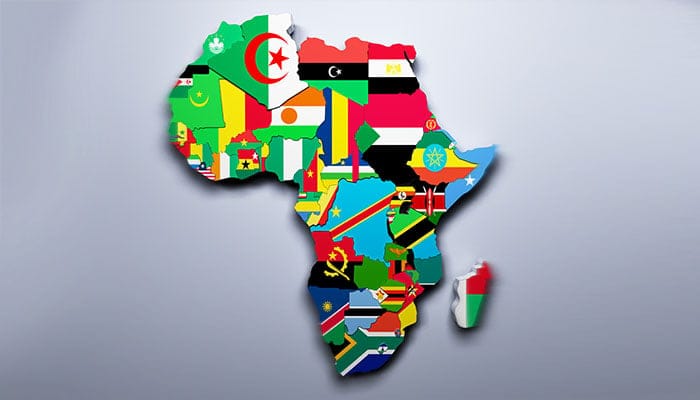In Summary
- Leadership transitions and elections in 2025 are reshaping investor sentiment across Africa, with major changes in countries like Senegal, Cameroon, Chad, and South Sudan influencing economic policy and international confidence.
- Several African countries are implementing difficult but strategic economic reforms tied to IMF agreements, such as floating exchange rates, subsidy cuts, and legal overhauls—moves that bring short-term volatility but aim for long-term stability.
- Africa’s geopolitical alignment is evolving, as countries like Niger and Ethiopia diversify their international partnerships, moving beyond traditional Western ties to include Russia, Gulf states, and China, which is influencing investment patterns and procurement decisions.
Deep Dive!!!
Africa is never short on potential and in 2025, investors are keeping an especially close eye on the continent. Political events like major elections and regional transitions, are expected to influence everything from economic growth to foreign partnerships.
This year, it’s not just about risks — it’s about recognizing where change is happening and what that means for the future of investment in Africa.
Here are the top 10 political economy risks investors are keeping tabs on across Africa this year.
10. Policy Shifts Under New Leadership
With the election of President Bassirou Diomaye Faye in March 2024, Senegal marked a peaceful and promising transfer of power. As the new administration charts its course, investors are watching how economic reforms, anti-corruption efforts, and regional diplomacy evolve — with an eye on emerging sectors and improved transparency.
9. Fragile Peace Deals in Post-Conflict States
Libya, South Sudan, and Ethiopia are managing transitions that could bring stability and renewed growth. While challenges remain — such as election delays or localized tensions — ongoing diplomatic efforts and peace agreements offer a chance for long-term political normalization, which would benefit infrastructure, energy, and agricultural sectors.
8. Currency Reforms Create Economic Adjustments
In both Nigeria and Ethiopia, recent currency liberalizations have sparked short-term inflation but signal a shift toward more open and accountable monetary systems. These reforms, aligned with broader fiscal restructuring, are paving the way for more predictable investment environments over the medium term.
7. Regulatory Shifts in the Digital Economy
Africa’s tech and finance spaces are evolving fast. Kenya is enhancing oversight in mobile lending through new licensing rules, while Nigeria’s tech sector is navigating proposed reforms like the NITDA Bill. As digital governance frameworks mature, they’re creating clearer paths for compliant, long-term investment in fintech and innovation.
6. New International Partnerships Take Shape
Countries like Niger, Burkina Faso, and Mali are redefining their foreign alliances, forging new relationships with emerging global players. Ethiopia, too, is actively balancing ties with Gulf states, China, and Western partners. These shifts reflect strategic realignment and could open up new markets and funding opportunities, especially in infrastructure and security.
5. Steady Progress Following Electoral Milestones
Chad’s return to constitutional rule after the 2024 elections signals growing political maturity. With General Mahamat Idriss Déby now in office, attention is turning to how governance reforms and inclusive development policies might boost investor confidence, particularly in oil, telecom, and public service delivery sectors.
4. Economic Nationalism Shapes Public Sentiment
Populist trends are gaining traction in response to global inflation, notably in South Africa and Zimbabwe. Though sometimes challenging for foreign investors, these movements also bring clearer definitions of national priorities, and for companies willing to align with local economic goals, they present paths to strategic collaboration.
3. Localized Conflicts Require Smart Risk Management
Security challenges the in eastern Democratic Republic of Congo, Sudan, and parts of Nigeria continue to impact logistics and resource access. However, ongoing peace-building efforts, regional coordination, and private-sector partnerships are helping stabilize key economic zones, particularly in mining and agriculture.
2. High-Stakes Elections Draw Global Attention
Cameroon is preparing for a pivotal presidential election on October 5, 2025. As long-time leadership meets growing calls for change, investors are watching how the electoral process unfolds. A transparent and inclusive election could boost confidence in the country’s long-term political and economic direction.
1. Military-Led Transitions Seek Regional Solutions
Mali, Burkina Faso, and Guinea are extending their transition timelines as they work through constitutional reforms and negotiations with ECOWAS. While delays can affect near-term certainty, ongoing dialogue and commitment to eventual civilian rule signal intent toward stability and structured governance — key ingredients for sustainable investment.

